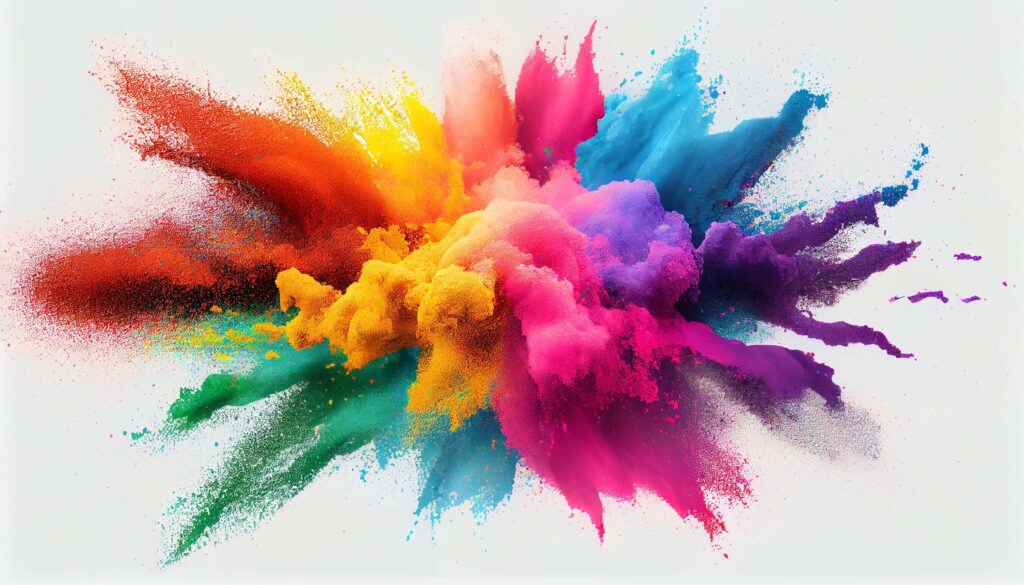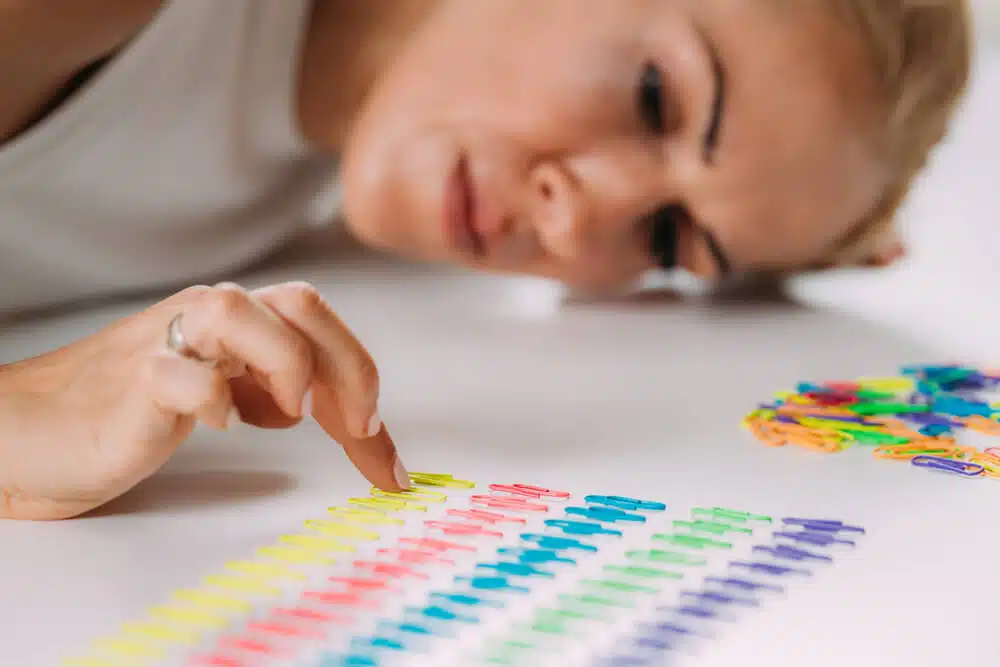International Women’s Day: Empowering Women’s Well-being
International Women’s Day (IWD), celebrated annually on March 8, is more than just a celebration of women’s achievements—it’s a call to action for gender equality, including access to mental health care and support. This day serves as a global platform to acknowledge the social, economic, cultural, and political contributions of women while also highlighting the challenges they continue to face. Mental health is one of the most pressing concerns for women today, and addressing it is crucial for achieving true equality.
Women face unique mental health challenges due to biological, social, and economic factors, making it essential to address their well-being on this important day. Many women experience mental health struggles in silence due to societal expectations and stigma. Traditional gender roles, workplace discrimination, and caregiving responsibilities contribute to high stress levels, making it even more vital to create spaces where women feel safe discussing their mental health and seeking help.
The impact of mental health on women extends far beyond individual well-being—it influences families, communities, and societies at large. When women receive proper mental health support, they are better able to contribute to their workplaces, families, and personal relationships. By raising awareness about mental health on International Women’s Day, we take a step toward breaking down barriers and fostering a culture where mental well-being is prioritized alongside physical health.

The Unique Mental Health Challenges Women Face
Women are disproportionately affected by mental health disorders such as anxiety, depression, and post-traumatic stress disorder (PTSD). Several factors contribute to this disparity:
- Hormonal Changes: Pregnancy, menstruation, and menopause can impact mood and mental stability.
- Social Pressures: Balancing work, family, and societal expectations can lead to stress and burnout.
- Trauma and Abuse: Women experience higher rates of domestic violence, sexual assault, and workplace discrimination, all of which can lead to long-term mental health struggles.
- Economic Inequality: Wage gaps and financial instability can increase stress and mental distress.
Breaking the Stigma: The Importance of Seeking Help
Despite these challenges, stigma and lack of resources often prevent women from seeking the help they need. IWD serves as a reminder that mental health is just as important as physical health, and no one should suffer in silence. Breaking the stigma means:
- Encouraging open conversations about mental health.
- Supporting policies that prioritize accessible mental health care for women.
- Educating communities about the importance of self-care and therapy.
Self-Care Strategies for Women’s Mental Well-being
Taking control of mental health requires intentional self-care. Here are some strategies women can incorporate into their daily lives:
- Practice Mindfulness: Techniques like meditation, deep breathing, and yoga help reduce stress and anxiety.
- Set Boundaries: Learn to say no to overwhelming responsibilities and prioritize personal well-being.
- Stay Active: Regular physical activity releases endorphins, which improve mood and reduce stress.
- Seek Support: Talking to friends, family, or a therapist can provide valuable emotional support.
- Engage in Creative Outlets: Activities such as painting, writing, and music therapy can be therapeutic and empowering.

How Lifescape Recovery Supports Women’s Mental Health
At Lifescape Recovery, we recognize the importance of gender-sensitive mental health care. Our holistic treatment programs are designed to address the unique challenges women face, providing personalized therapy, support groups, and wellness programs tailored to individual needs.
This International Women’s Day, let’s advocate for mental health awareness, empower women to prioritize self-care, and ensure that every woman has access to the support she deserves.
If you or someone you know is struggling with mental health, Lifescape Recovery is here to help. Contact us today to learn more about our specialized programs.


Women face unique mental health challenges due to biological, social, and economic factors, making it essential to address their well-being on this important day. Many women experience mental health struggles in silence due to societal expectations and stigma. Traditional gender roles, workplace discrimination, and caregiving responsibilities contribute to high stress levels, making it even more vital to create spaces where women feel safe discussing their mental health and seeking help.
Published: March 04, 2025
Last Updated: March 04, 2025

Published: January 26, 2026
OCD vs. Autism: Understanding the Differences
Obsessive-compulsive disorder (OCD) and autism spectrum disorder (ASD) are often confused with one another. Both can involve repetitive behaviors, rigid routines, sensory sensitivities, and distress when things feel “off.” From the outside, the overlap can look striking. But in clinical treatment, the why behind those behaviors matters just as much as the behaviors themselves. At […]
Read more
Published: January 15, 2026
Obsessive-Compulsive Personality Disorder (OCPD)
People living with Obsessive-Compulsive Personality Disorder or OCPD often don’t see themselves as struggling with a mental health condition. They see themselves as responsible. Disciplined. Reliable. The person who holds everything together when others fall apart. But beneath that structure, many feel chronically tense, emotionally restricted, and exhausted by the pressure to do everything “the […]
Read more
Published: December 15, 2025
Why Mental Health & Addiction Spike During the Holiday Season?
The holiday season is often described as a time of joy, connection, and celebration. Yet for many individuals, it is also a period marked by increased emotional distress, worsening mental health symptoms, and a higher risk of substance use and relapse. Research consistently shows that rates of anxiety, depression, and addictive behaviors rise during late […]
Read more
